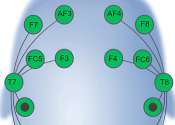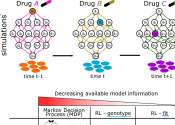With huge patient dataset, AI accurately predicts treatment outcomes
Scientists have designed a new artificial intelligence model that emulates randomized clinical trials to determine the treatment options most effective at preventing stroke in people with heart disease.
May 1, 2024
0
31









